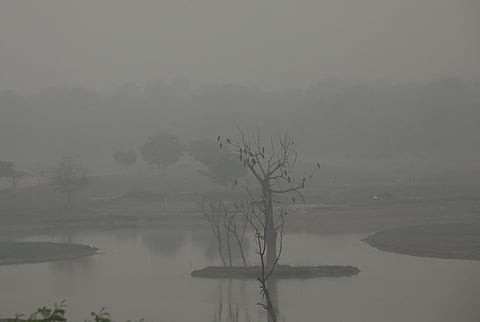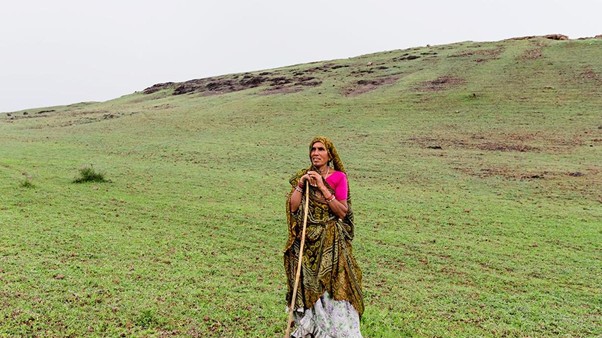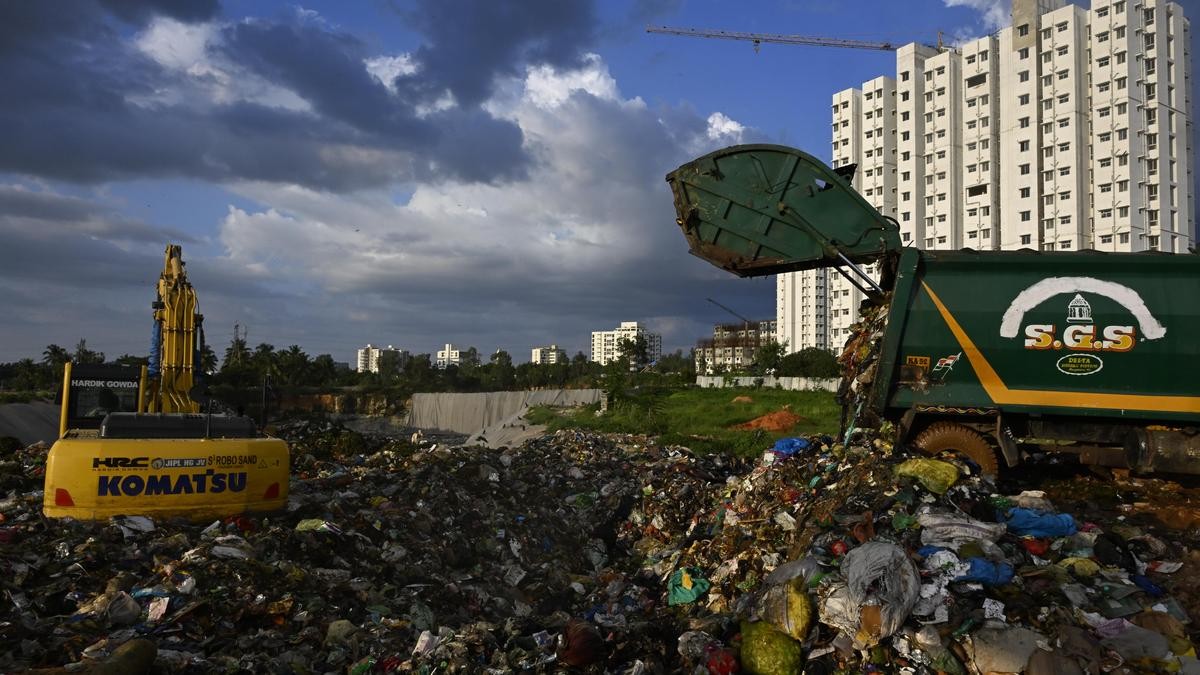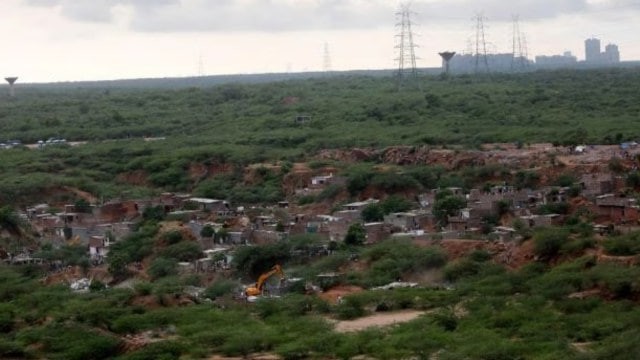Description
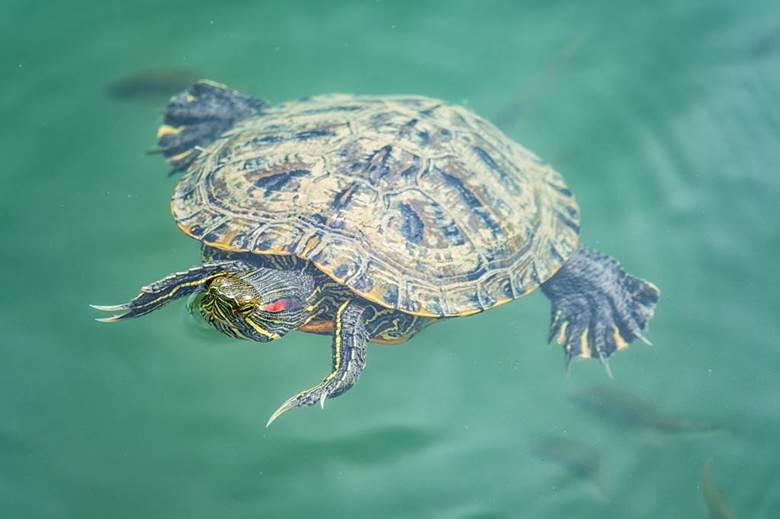
Copyright infringement not intended
Context: The 19th Meeting of the Conference of the Parties (CoP 19) to the Convention on International Trade in Endangered Species of Wild Fauna and Flora (CITES) is being held at Panama City. At CoP 19, India’s proposal for induction of fresh water turtle Batagur kachuga earned wide support of the parties in CoP 19 of CITES.
Details:
- CITES lauded and recorded the works done by the India in the area of conservation of tortoises and fresh water turtles and efforts made in combating wildlife crime and illegal trade of turtles in the country.
- The resolution documents submitted by the CITES Secretariat on tortoises and fresh water turtles specifically mentioned the commendable result achieved by the country in operations such as those initiated by the Wildlife Crime Control Bureau namely Operation Turtshield, which resulted in nabbing many criminals involved in poaching and illegal trade of fresh water turtles and substantial seizures made by the agencies in different part of the country.
- India also highlighted that many of the species of turtles and freshwater tortoises which are recognized as critically endangered, endangered, vulnerable or near threatened are already included in Wildlife Protection Act 1972 and given high degree of protection.
- India while intervening pressed upon that listing of many such species in CITES Appendix II will further enhance the protection of the species from getting indiscriminately and illegally traded worldwide.
Background:
- At CoP of CITES, also known as the World Wildlife Conference, all 184 Parties to CITES have the right to attend, to put forward proposals for the Conference to consider, and to vote on all decisions.
About CITES:
- CITES is an international agreement to which States and regional economic integration organizations adhere voluntarily.
- Although CITES is legally binding on the Parties – in other words they have to implement the Convention – it does not take the place of national laws.
- Rather it provides a framework to be respected by each Party, which has to adopt its own domestic legislation to ensure that CITES is implemented at the national level.
Tortoises and Turtles:
- India is home to 29 freshwater turtles and tortoise species of the 356 turtle species recognised worldwide and around 80 per cent of them are threatened, according to a 2020 study published in journal Reptile and Amphibians conservation and Natural History.
- In India, keeping indigenous turtles as pets is prohibited under the wildlife protection act.But the foreign breeds are not restricted and are kept as pets in many families across India.
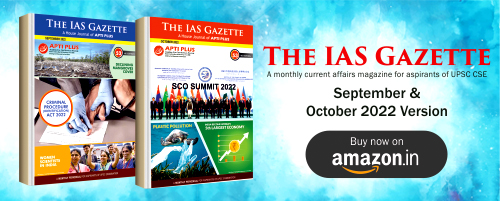
|
DIFFERENCE
|
|
Turtle
|
Tortoise
|
|
Most turtles are primarily water-dwelling reptiles
|
Tortoises are land-dwelling reptiles
|
|
Turtles are usually omnivores
|
Tortoises are primarily herbivores
|
|
Turtles generally have lighter shells on their backs
|
Tortoises have much heavier and robust shells
|
|
Not all turtles are Tortoises
|
All tortoises are turtles, as they belong to the order Testudines
|
|
Turtles usually have a shorter life span from 20-40 years
|
Tortoises usually have a long life from 80-150 years
|
More developments:
- India’s proposal for transferring Leith’s Softshell Turtle (Nilssonia leithi) from Appendix II to Appendix I of the Convention on International Trade in Endangered Species of wild fauna and flora (CITES) has been adopted by the Conference of Parties (CoP) to CITES in its 19thMeeting at Panama.
- Leith’s Softshell Turtle is a large fresh water soft-shelled turtle which is endemic to peninsular India and it inhabits rivers and reservoirs. The species has been subject to intensive exploitation over the past 30 years.
- It has been poached and illegally consumed within India. It has also been illegally traded abroad for meat and for its calipee.
- The population of this turtle species is estimated to have declined by 90% over the past 30 years such that the species is now difficult to find. It is classified as ‘Critically Endangered’ by the IUCN.
- The species is listed on Schedule IV of the Wild Life (Protection) Act, 1972, which gives it protection from hunting as well as trade.
- However, poaching and illegal trade of protected turtle species is a major challenge in India with seizures of thousands of specimens reported every year.
- Species level identification of seized specimens is also a challenge. Tortoises and freshwater turtles are targeted for the international pet, meat and calipee trade, as well as for illegal domestic consumption in some areas.
- The CITES Appendix I listing of this Turtle species would ensure that legal international trade in the species does not take place for commercial purposes.
- It would also ensure that international trade in captive-bred specimens only takes place from registered facilities and further that higher and more proportionate penalties are provided for illegal trade of the species.
- The listing of the Leith’s soft-shell turtle, thereby, strengthens its CITES protection status so as to ensure better survival of the species.
- India’s proposal for inclusion of Jeypore Hill Gecko (Cyrtodactylus jeyporensis)in Appendix II and the transfer of Red-Crowned Roofed Turtle (Batagur kachuga) from Appendix II to Appendix I of CITES have also been adopted by the CoP in this meeting.
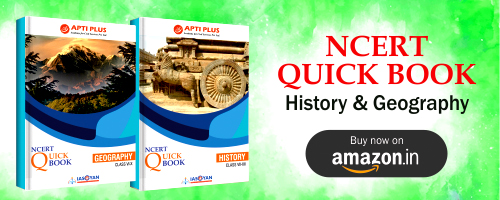
https://pib.gov.in/PressReleasePage.aspx?PRID=1878431






